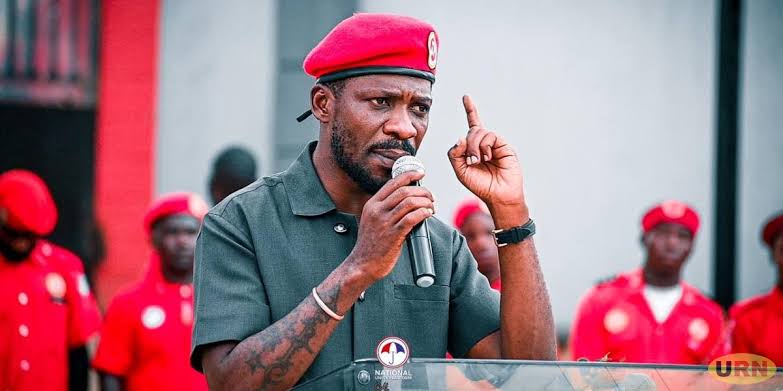
KAMPALA. The Electoral Commission (EC) has officially cleared the opposition National Unity Platform (NUP) presidential flag bearer Robert Kyagulanyi aka Bobi Wine to stand for president in next year’s General Elections.
A certificate issued by EC chairperson Justice Simon Byabakama on September 19 confirmed that Kyagulanyi had submitted valid lists of at least 100 registered voters from at least two-thirds of Uganda’s districts, in compliance with Section 10 (1)(b) and (3) of the Presidential Elections Act.
This ends days of uncertainty in NUP over whether Bobi Wine had collected the legal threshold of 9800 signatures from 98 districts of voters to be nominated.
The clearance follows NUP’s resubmission of thousands of signatures over the weekend after the initial list was partially rejected with EC saying they still needed more 1800 signatures from 18 districts.
NUP Secretary-General David Lewis Rubongoya said the party’s efforts were vindicated by the EC’s verification outcome.
“This is a victory for the people who turned up in massive numbers to endorse our candidate. We are now ready for nomination,” he said, adding that the party had already paid the Shs20 million nomination fees.
According to a formal notice from the EC, Kyagulanyi is scheduled for nomination on Wednesday, September 24, at 2:00 p.m. The party has confirmed that it will hold two rallies –one in Katwe and another in Nateete –both on the outskirts of Kampala after the nominations to officially launch its 2026 campaign.
However, the EC has warned that processions to and from the nomination venue are banned and that each aspirant is allowed to appear with only two authorised persons.
Justice Byabakama urged political parties to comply with the directive, saying it was necessary to maintain security and public order during the nomination period.
The clearance caps a tense week in which NUP accused the EC of frustrating its efforts to meet the nomination requirements.
Political observers say the episode has energised Kyagulanyi’s supporters, who view the back-and-forth as evidence of the challenges facing opposition parties ahead of the polls.